Haven Orecchio-Egresitz Journal Staff
Adjunct and part-time lecturers across the nation are growing discontent with their position on the hierarchy of professors, according to a report released this August by the Center for the Future of Higher Education.
The report, “Who is Professor Staff?”, focuses on the “second-class” treatment of contingent faculty, who make up more than half of college and university professors in the United States, and also, at Suffolk University.
“The caste system in higher education is alive and well in every American institution, and Suffolk is no different,” explained Robert Rosenfeld, philosophy professor and President of the Suffolk Affiliated Faculty-American Association of University Professors (SAF-AAUP), the union representing part-time and adjunct professors at Suffolk.
Although adjunct professors at Suffolk have numerous concerns, the union acknowledges that the contingent faculty here are generally better off in terms of pay and benefits than at many other institutions.
One of the many concerns that do face part-time lecturers at Suffolk is the last minute assignment or cancellation of classes, Rosenfeld says.
By the week of registration, he notes, most full-time professors have been assigned their classes and are allocated enough time to prepare for the coming semester. However, when students are making their schedules, many classes are still listed on the course catalog as being instructed by “Professor: Staff.” The union notes that these are typically the classes that will later be assigned to adjunct professors, or “lecturers” as they prefer to be called. The terms “contingent” or “adjunct” often come with the connotation of temporary, which does not hold true to the many lecturers who have been working 10 or more years at the university, commented Bebe Beard, long-time professor at NESAD and Vice President of the union.
Without an adequate amount of time to prepare, many lecturers find themselves throwing together poorer quality syllabi and quickly choosing textbooks that are either a poor fit for the course or unnecessarily expensive, according to the 2011 report. Late assignments are said to also frustrate students who are often registering for courses without any idea of who will be teaching them.
“Sometimes, when I am choosing between two sections of the same course, I make my decision based on my prior experience with the professors,” said Lauren Gugliuzza, a government major. “It gets under my skin when I have to make a blind decision and later find out I turned down a chance to take a course with a professor who I have already built a relationship with.”
But it isn’t the last minute assignments that have some professors most concerned. It is the lack of job security and difficulty to earn and keep health insurance that some describe as a bigger problem.
For a part-time lecturer to be eligible for health insurance, the union says, he or she must teach two courses each semester for 10 consecutive semesters. If the lecturer has a class cancelled and falls below the two courses, they must start the cycle from the beginning.
“Ten semesters isn’t such a tough goal to meet when the university is in good shape,” added Rosenfeld, “But in the current financial crunch, you never know if your class will be under-enrolled and get cancelled.”
In order for a course to take place, it must meet the minimum enrollment requirement. This year the minimum enrollment at the New England School of Art and Design was raised to 16 students per class, according to Beard.
“Getting classes assigned at the last minute is a nuisance, but it is something you know you’re going to have to deal with signing on, and you endure because of your love for teaching,” she said. “What bothers us was when the education of the students and the once wholesome community at NESAD was compromised in order to cut costs by packing more students into each section.”
NESAD is a school that thrives on small class sizes and the open collaboration of professors, adds Beard. Since the class sizes have increased and several valued part-time lecturers have been laid off, she claims there is a sense of resentment and envy between fulltime and part-time faculty that is harming the culture of the programs.
Former part-time professor, Jeff Hull, who has lectured at NESAD for the past 16 years, was one of the lecturers who did not return this fall.
“This summer a colleague of mine told me she received an email notifying her that she was not needed to work this semester. I was sympathetic, but I was sure that it couldn’t happen to me because students had already begun to register for my fall classes,” explained Hull. “I was shocked the next day when I received the very same email.”
Rosenfeld said the union hopes to resolve such issues.
Since the union’s first negotiation in 2009, conditions at Suffolk have improved significantly, he claimed. Not only did the transition from a three credit system to a four credit system help influence a raise in pay, but many professors have also become eligible for health care. However, there is a concern that the next contract negotiation will not run as smoothly.
“We want to keep our benefits and discuss more job security,” he said, “but that may be difficult to achieve if finances stay the same.”
Contacted last week, university spokesperson Greg Gatlin said: “We recognize the vital role adjunct professors play in teaching Suffolk students, and we strive to provide appropriate levels of compensation for adjuncts and all employees, given the existing constraints.”


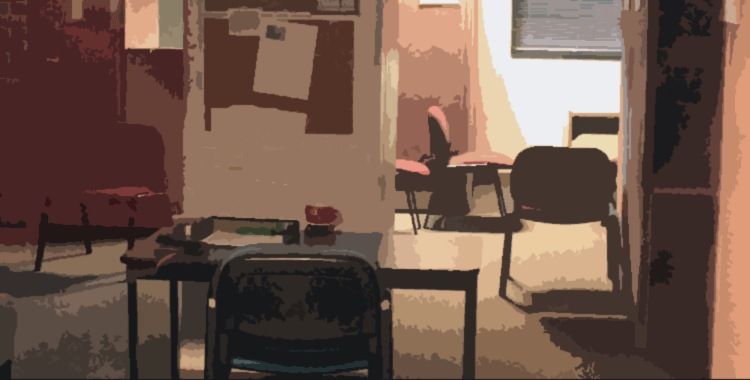
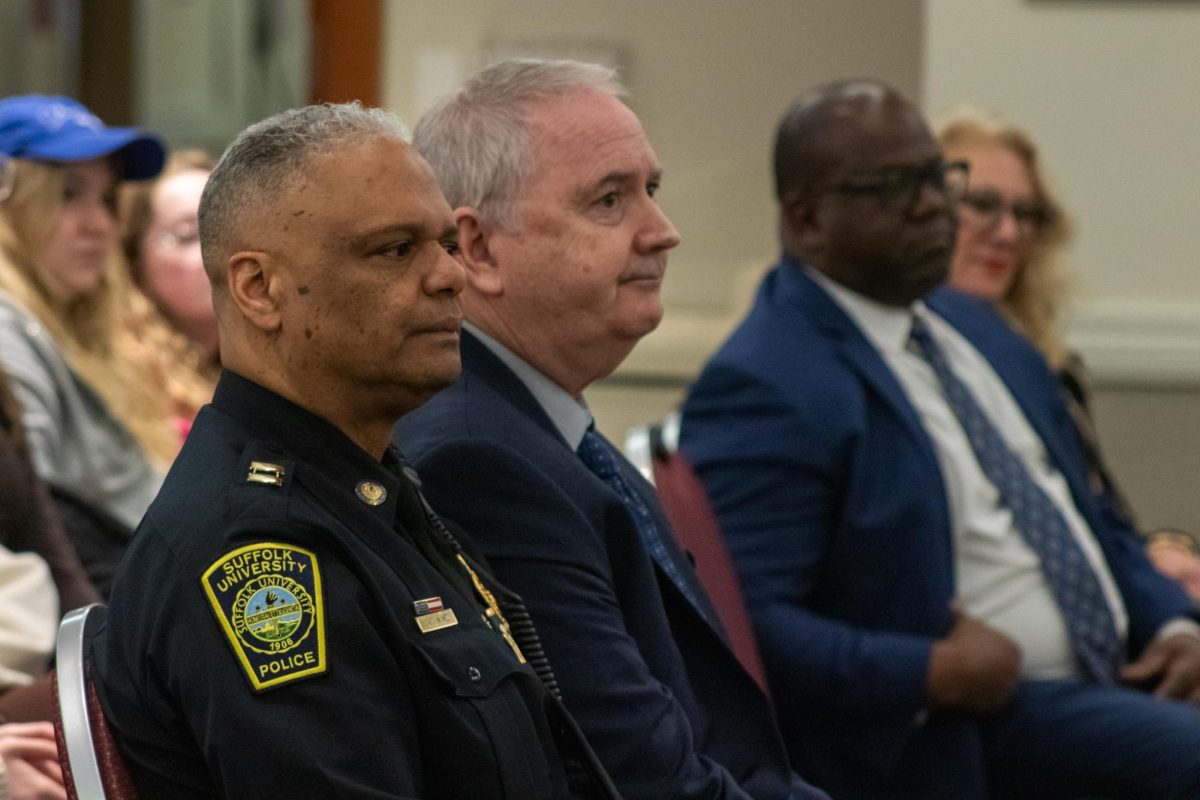


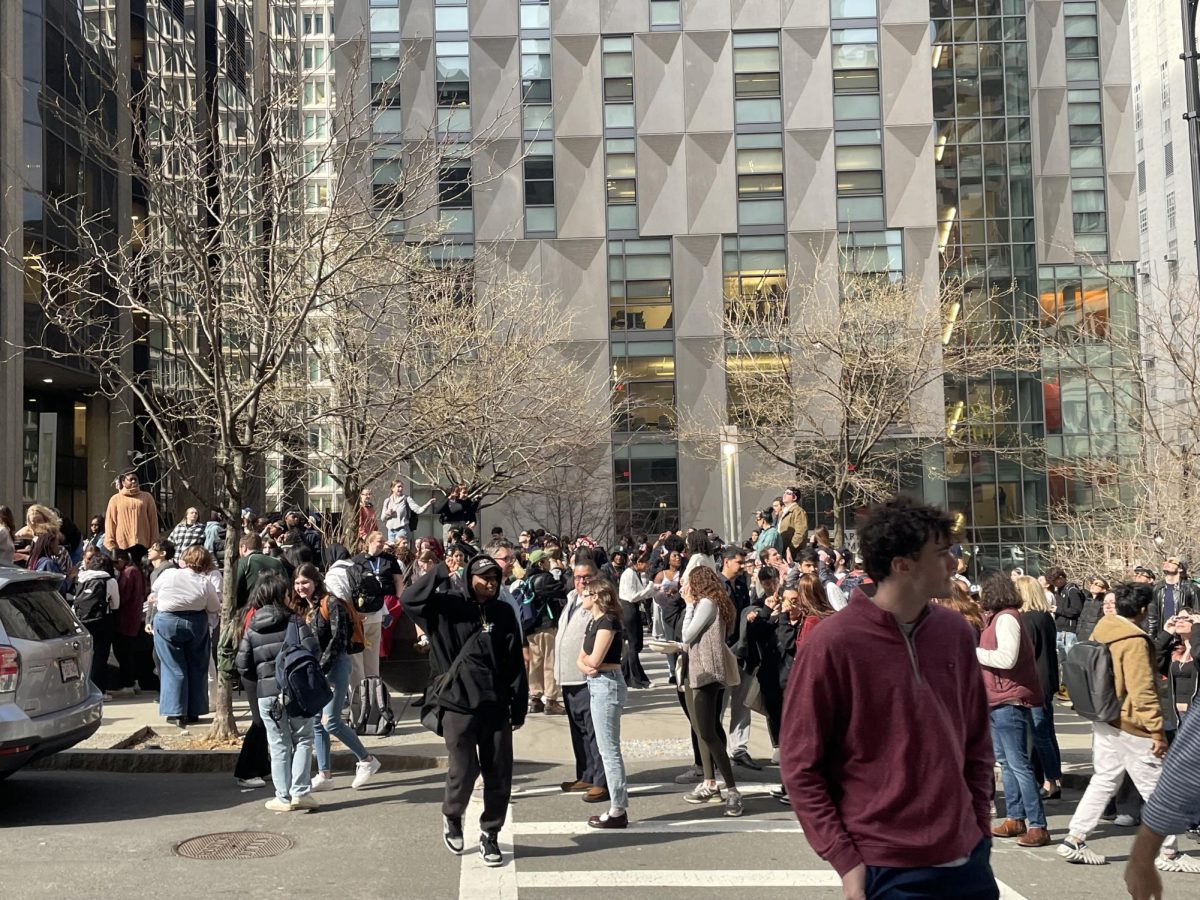


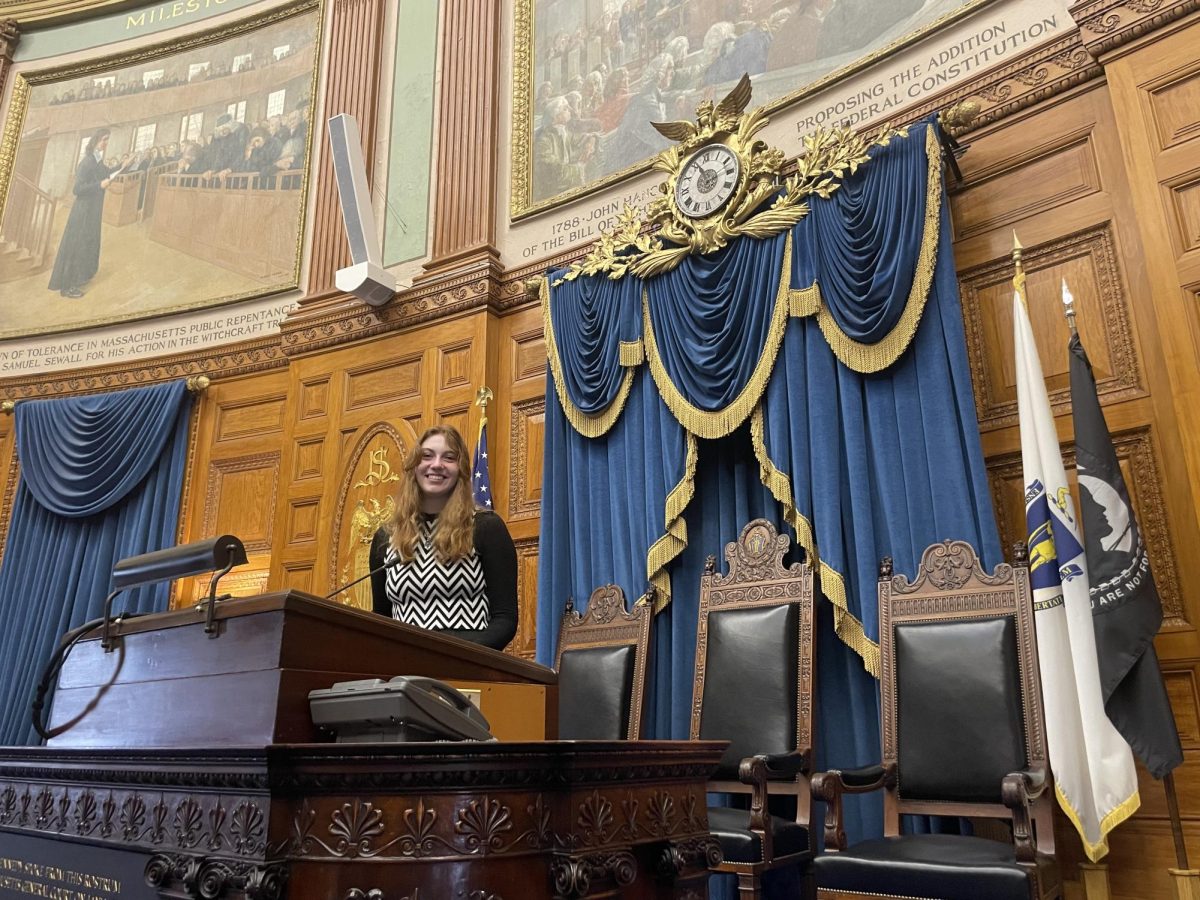
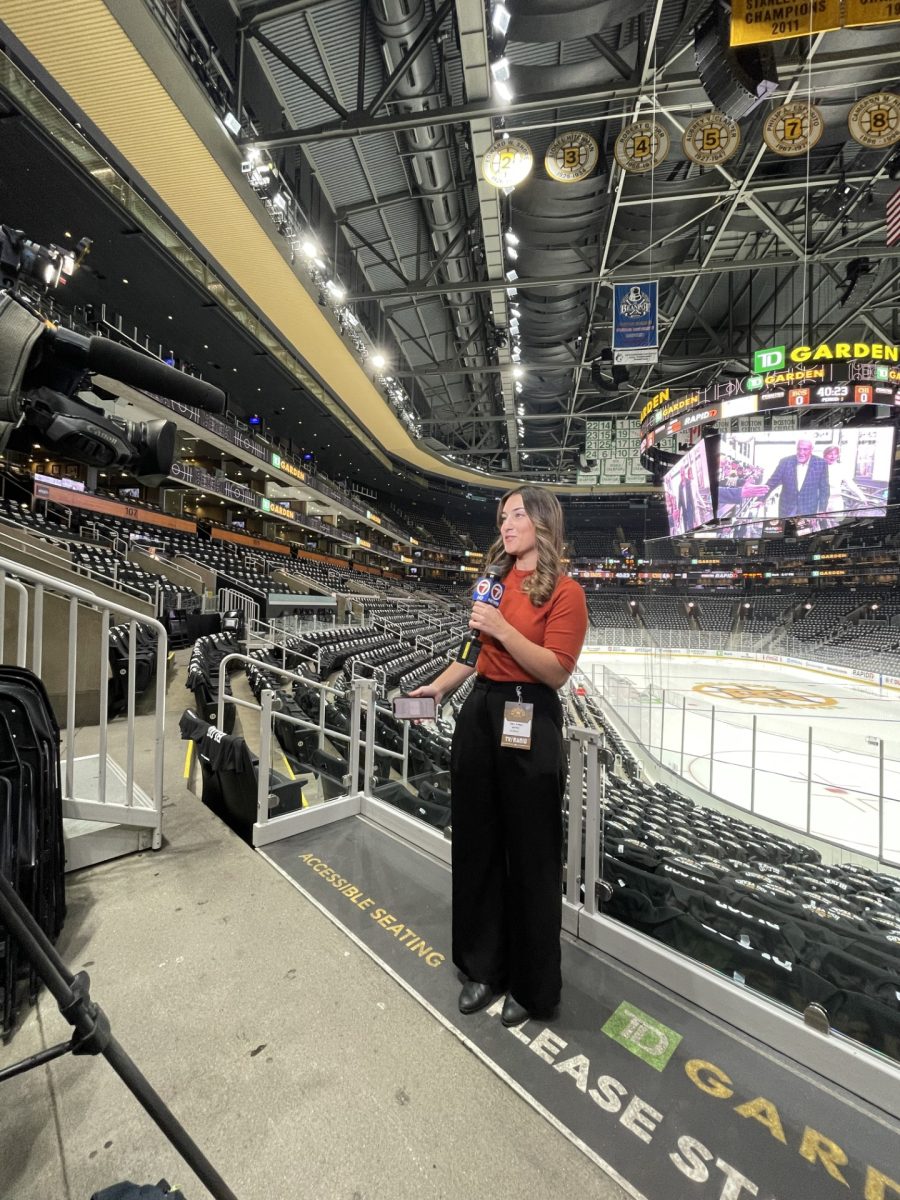

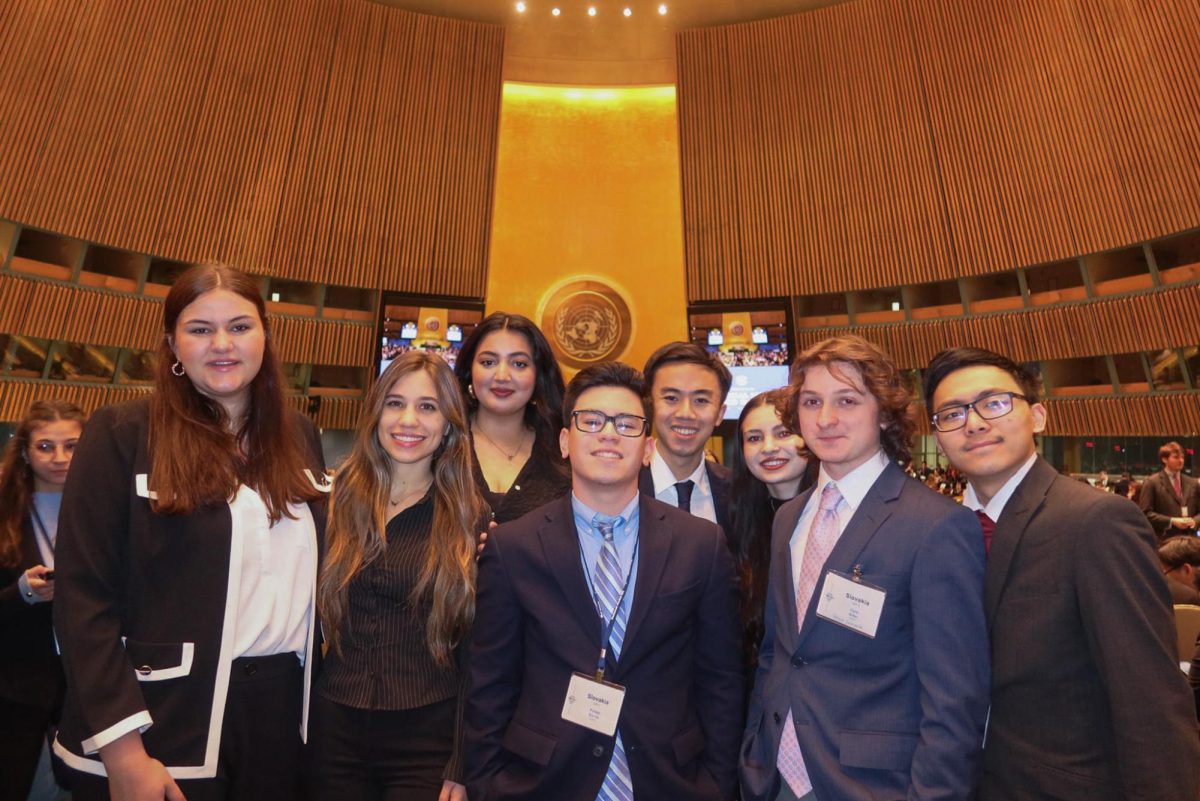

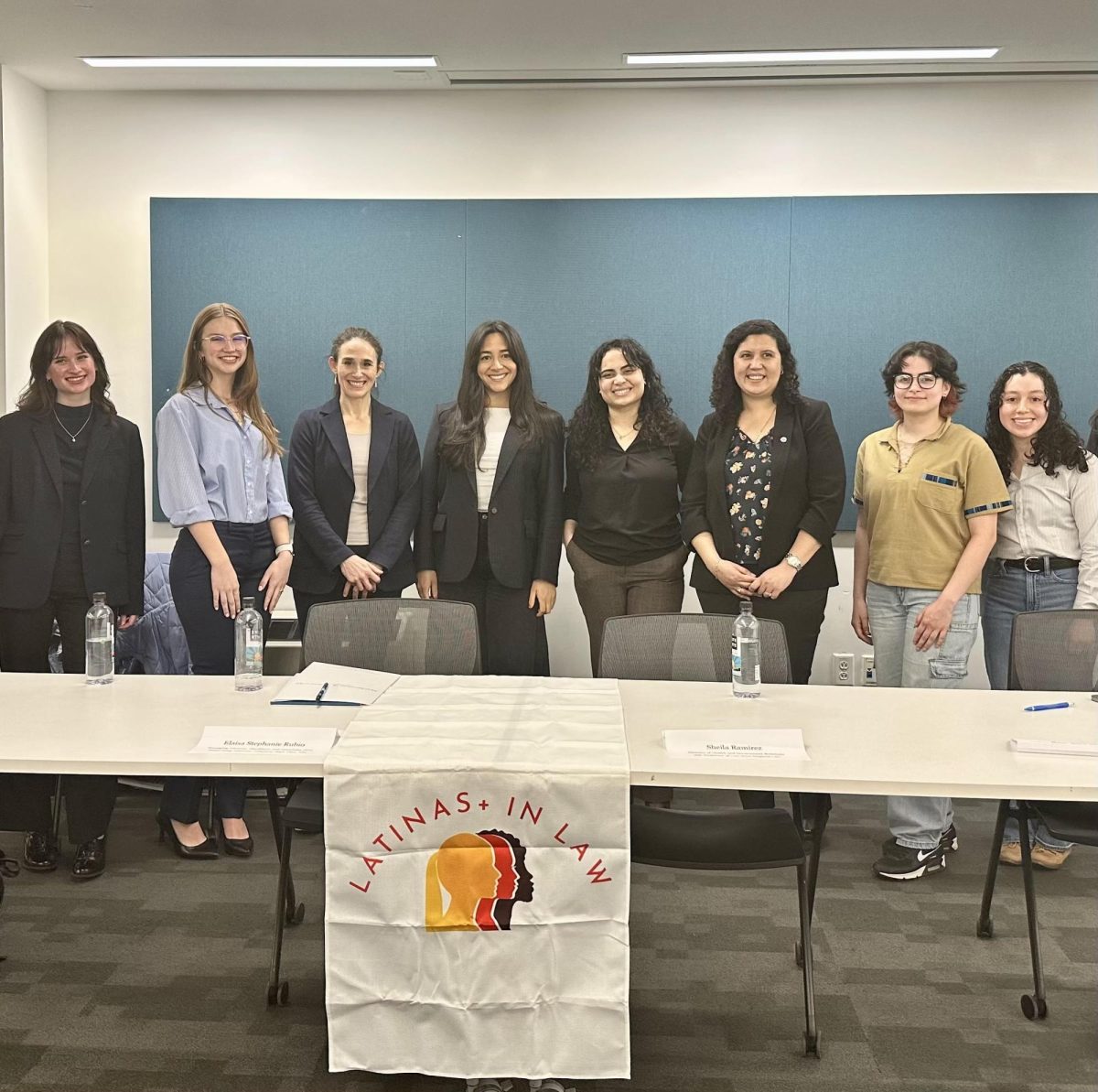
The Suffolk Journal • Sep 27, 2012 at 12:36 pm
The Voice of Suffolk’s Adjunct Faculty: http://t.co/noQ0OQ6O @Suffolk_U @universalhub
Melissa Hanson • Sep 26, 2012 at 4:23 pm
RT @SuffolkJournal: The Voice of Suffolk’s Adjunct Faculty: http://t.co/noQ0OQ6O @universalhub
The Suffolk Journal • Sep 26, 2012 at 4:18 pm
The Voice of Suffolk’s Adjunct Faculty: http://t.co/noQ0OQ6O @universalhub